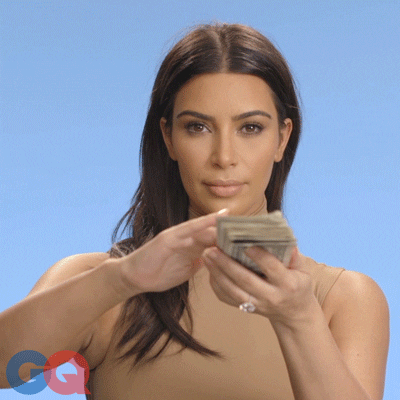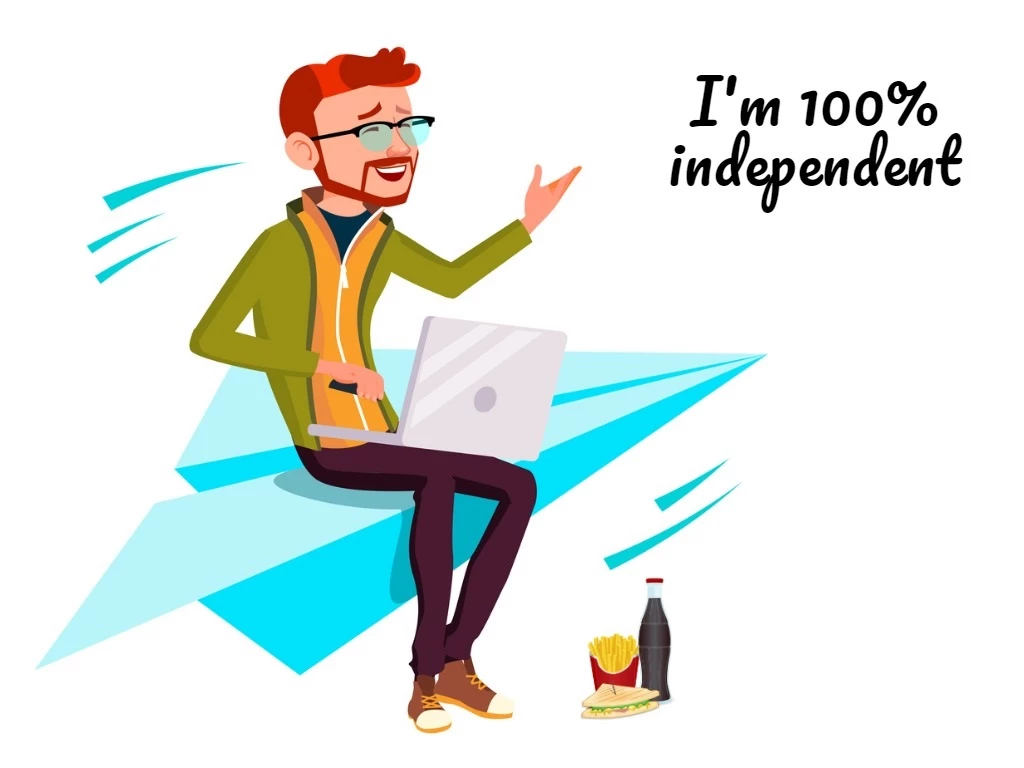I caught a clip last night from a BBC TV show looking at Fake News. What caught my eye was the business about internet personalities, and how many of them create these artificial versions of themselves in order to become that highlight of the internet age – the social media ‘influencer’.
In case you have escaped this phenomenon, an ‘influencer’ is some bright young personality who looks good on Youtube or on Instagram (it’s largely a visual thing) essentially flogging product to others who aspire to be like them. You may not have the stamina to follow their diet regime or exercise programme, but you can buy the citrus-coloured top they’re wearing (don’t forget the special discount code!), or play the game they’re playing, and be Just Like Them.
Look, I know that in the age in which people wear red baseball caps to show their allegiance to a perma-tanned man they will never be like (and never should want to be), adopting the mannerisms of someone who has 250,000 subscribers on YouTube is hardly the greatest sin. We’ve all dressed a little bit like a favourite pop star at some time or another, which is why so many of us have to hide every photo taken of us in the ‘80s. It’s harmless, right?
Equally, brands and campaigns latching onto these people, and sending them some free kit (soon to be on eBay), that’s not bad either, right? It’s no different to Gary Lineker flogging crisps, or having at least two All Blacks appearing on every single advert that airs on New Zealand TV. Endorsements are just the sparkly end of reviews, and no-one thinks they are a bad thing, right?

I have been endorsed by just one celebrity in my life, when my Young Adult football novels carried an endorsement line by one of England’s finest (and my eldest son’s favourite) footballers. I was touched by how much he liked the first book, and amazed that he liked it so much bearing in mind I hadn’t handed it in to the publisher.
It was fake news, just like it’s fake news half the time when a movie or theatre poster contains a line from a review. Just like the majority of the “this is the greatest game I have ever played” plugs plastered all over the advertising for new mobile games. It’s just how it’s done.
But out here in social media land, I’d like to think we’d want to be a little more careful in our use of endorsements and influencers. Personally, I’d like to put each one through the kind of grilling I like to think happens when someone is on the verge of becoming a spy, or a counter-spy, or something. Clearly, I mean the rigorous version, and not the one where MI5 basically used to just ask if another chap was a good chap.
I digress. In an era in which celebrities can crash and burn in an instant because of a Tweet they made in 2002, this is no time to attach your brand to anyone you don’t know inside and out. This particularly applies to the use of influencers, because you really don’t have all that much control over what they say or do while wearing your campaign t-shirt. If a K-Pop band can manage to offend an entire country with a t-shirt, your brand is not invulnerable.
 I think it’s a little lazy in any case. Everyone hopes their post, meme or cat picture will go viral, and so the first thing a lot of people in the biz go for is getting the message out to a bunch of people they believe will then repost/retweet/waffle on about it. Those people will reach a zillion other people, so the brand doesn’t have to.
I think it’s a little lazy in any case. Everyone hopes their post, meme or cat picture will go viral, and so the first thing a lot of people in the biz go for is getting the message out to a bunch of people they believe will then repost/retweet/waffle on about it. Those people will reach a zillion other people, so the brand doesn’t have to.
It’s all part of the numbers game, the ‘metrics’ that fool so many people into thinking they know what is happening to their brand’s campaign. But in trying to please a tiny fraction of the audience, eggs can get placed in a very small number of very flimsy baskets. I know a PC game that regularly sends out pre-release versions of its games to a handful of influencers, partly to get reviewed, but also in the hope that they’ll play the game out of ‘love’ on their Youtube channel with it’s 50,000 subscribers, and that then a decent chunk of those 50,000 are sales. This doesn’t always pay off, as in their own desire to be ‘edgy’, these guys can associate the game with some undesirable opinions. It’s all a bit thin-ice for me.



 November 28, 2018
November 28, 2018  Share This Post
Share This Post